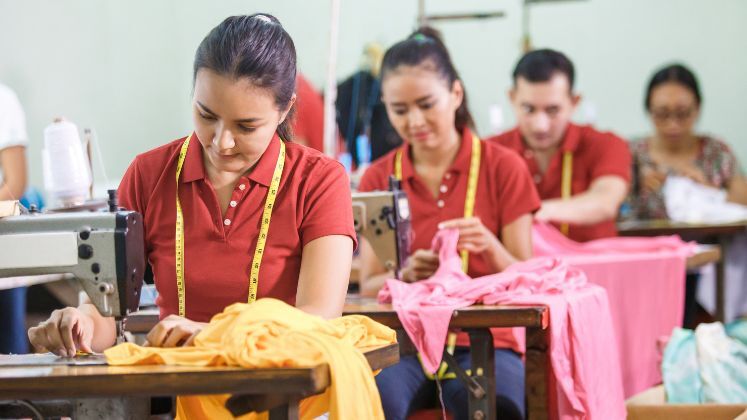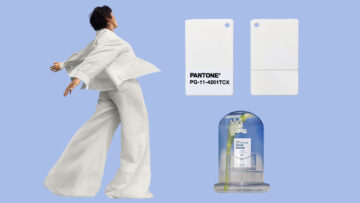NGOs caution that growing brand pricing pressures could endanger hard-won gains in textile workers’ rights protection as US-China tensions continue.
On 24th April, precisely twelve years after the collapse of the Rana Plaza garment factory in Dhaka, Bangladesh, the Clean Clothes Campaign brought attention to this issue. A worldwide outcry over the working conditions in factories catering to Western consumers was triggered by the tragedy, which lost 1,138 lives.
The Clean Clothes Campaign emphasised that companies with the financial capacity should bear the extra costs from US tariff policies, instead of shifting the burden onto the most vulnerable parts of the supply chain.
Along with its French affiliate Collectif Éthique sur l’Étiquette, the NGO urged businesses to avoid making the same mistakes that were made during the pandemic, when major clothing companies prioritised profitability by abruptly cancelling orders and suspending payments, frequently leaving suppliers unable to pay their employees.
The NGOs pointed out that early signs of a familiar pattern, cutting wages and undermining workers’ rights, are already emerging. They cited brands like Gap, Walmart, and Levi’s, which have allegedly started pushing for price reductions or pressuring suppliers to bear the full impact of tariffs.
Several Governments are now publicly exploring cutting minimum wages in preparation of possible production relocations, according to observers. Vietnam is one of the first to feel the strain, as US tariffs that have merely been suspended rather than lifted endanger its economic equilibrium. The second-largest supplier of clothing to Europe, Bangladesh, is concerned about losing the precarious stability of its textile sector.







